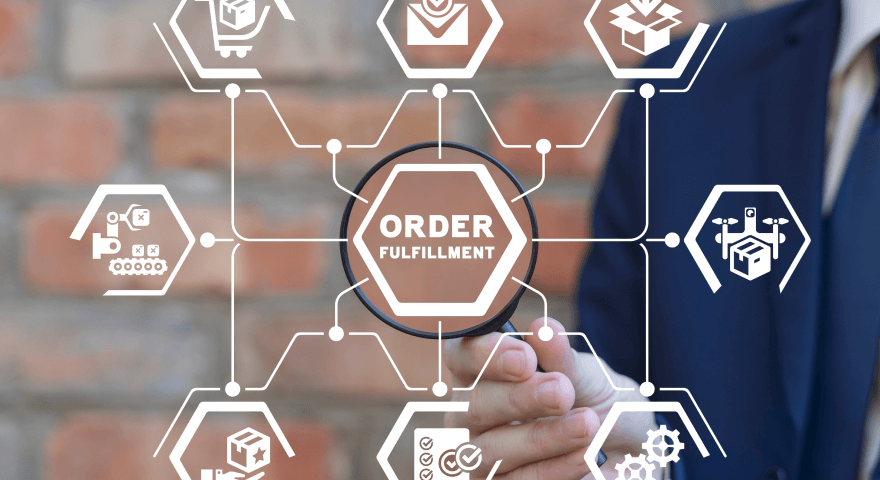In today's article, we're continuing our deep dive into VUCA and will discuss Uncertainty. Uncertainty is driven by unpredictability and surprises – meaning that events will occur that we do not expect and have not planned for. Managing Uncertainty means planning for a world that is hard to predict.
Uncertainty: what does it mean?
One of the central questions to answer when thinking about Uncertainty is: how and with whom will we earn our money in the future? It is crucial to be able to adapt to a changing and unpredictable market.
A good example is a boom in e-commerce and food delivery 2020 has seen: those already present in these channels, had an easier time adapting to new realities as they developed. In this situation, having a fitting product portfolio that generates sales over more than one channel is a robust partner for surprises.
Another example is the eruption of Eyjafjallajökull, the Icelandic volcano. Disrupting air travel for weeks showed the fragility of, for instance, supply chains relying heavily on air freight, which may motivate a more localized supply chain to increase resilience.
In these examples, we see Uncertainty at work: even though demand seems to develop in a particular direction, unexpected events can completely change the market conditions. The question at hand now is: how do you prepare your business for Uncertainty? Is there any way to prepare at all?
Planning for Uncertainty
In Uncertainty, the bottom line is that we don't know who our partners, customers and competitors will be in the future. Plan for the worst case, strive for the best case. This summarizes the need to focus on efficiency while calculating risks. What does this mean?
One feature that makes it easier to deal with Uncertainty is flexibility. This means reassessing your make-or-buy decisions: what do I make myself, and what do I buy? Outsourcing creates a tradeoff between efficiency and resilience. While outsourcing and offshoring allow us to ramp production up or down as needed, we become more fragile for disruptions. Insourcing, on the other hand, makes us more resilient but less flexible. The right balance depends on many factors – what my target market is, what I produce, and so on.
This focus on flexibility means that in the future, successful businesses are moving away from traditional asset-based supply chains, towards managed services with dedicated capabilities outsourced to partners in the ecosystem. This has already been present in logistics for years – with the majority of businesses outsourcing transport to specialized companies. This phenomenon, however, is spreading to answer both Uncertainty and the speed at which markets change. More partners in an ecosystem make it easier to react to these insecurities, but these are also more difficult to manage.
To be successful in an ecosystem with many partners, data-based transparency and decision-making are crucial. In an uncertain world, being able to efficiently plan various future scenarios based on accurate data and in a short time is essential. You want to compare best-case and worst-case and derive appropriate measures out of these planning scenarios. If needed – planning expertise can be outsourced to experts or organized as a managed service.
Through these changes, entirely new ecosystems emerge, and new players enter the market. To master Uncertainty, it is important to redefine value-creation relative to suppliers, customers, and other ecosystem players. In other words: who creates value? In our earlier example on food delivery, value is no longer found in the restaurant and its location alone – delivery networks come into play.
The question to answer here is: who's my competitor, and who's my partner? As we co-exist in an ecosystem, I need to be aware of the other stakeholders and my relationship with them. On top of this, every ecosystem has its own rules. If my business is in Germany, for instance, I need to adhere to Germany's laws.
Last week we looked at Volatility. This week, we discussed Uncertainty, which expresses the inability to predict events and developments. Although you can't prepare for the uncertain, flexibility is vital: focusing on adaptability and reassessing make-or-buy decisions helps you navigate an uncertain world. We see the shift from asset-based supply chains to managed services and new ecosystems and value relations. In our next article, we will take a look at Complexity.




.jpg)



.png)
